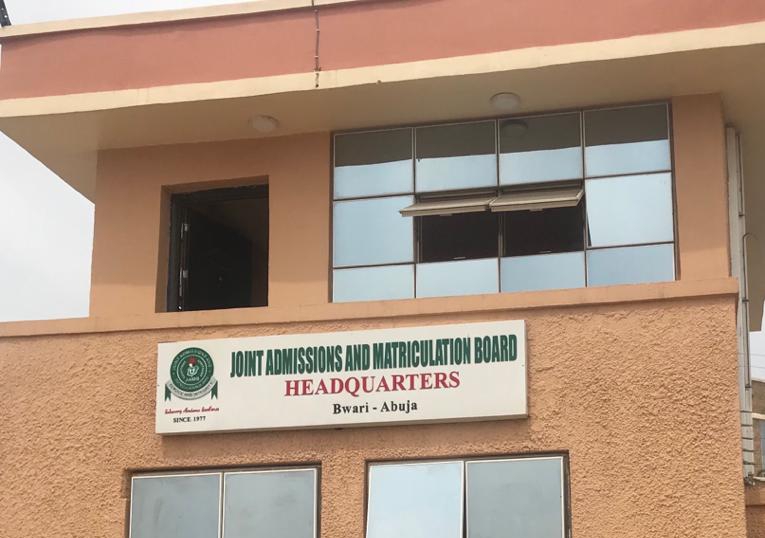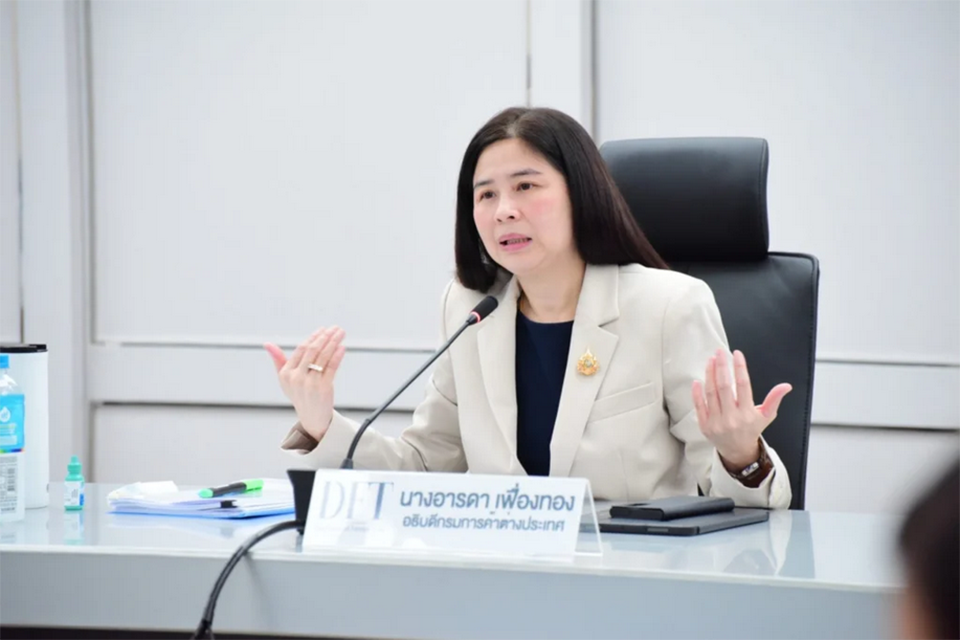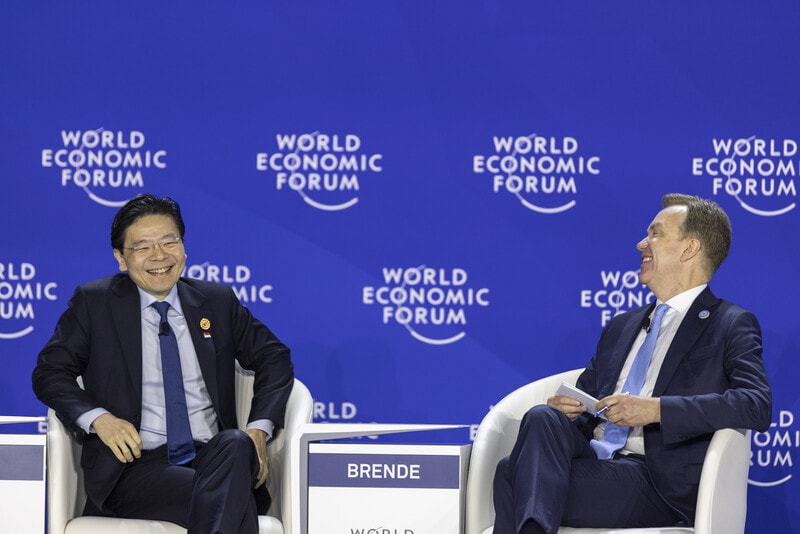Economic Watch: ASEAN integration drives development of independent regional financial system, analyst says-Xinhua
KUALA LUMPUR, June 28 (Xinhua) -- Greater economic integration among the members of the Association of Southeast Asian Nations (ASEAN) is accelerating efforts to build an independent and resilient regional financial system, aimed at reducing reliance on external currencies and enhancing monetary stability across Southeast Asia, according to a Malaysian analyst.
These moves are not meant to target any specific country but rather reflect a desire to move away from external financial volatility and facilitate transactions using local currencies for intra-ASEAN trade, which will enable seamless cross-border transactions, provide greater market access for micro, small and medium enterprises (MSMEs), and also boost regional tourism, Lee Pei May, a political expert at the International Islamic University Malaysia, said in a recent interview with Xinhua.
"The push for the use of local currencies has been ongoing for some time, as it helps strengthen the economic integration of ASEAN member states -- an important goal that ASEAN seeks to pursue. In fact, other regions are also moving away from relying too heavily on a single foreign currency, such as the U.S. dollar, as external interest rates and shifting government policies may cause significant volatility in currency exchange," she explained, adding that volatility is undesirable in any business.
"Apart from the benefits of easier and faster transactions between businesses and banks of ASEAN countries through the use of local currencies, cross-border payments in local currencies can also help to avoid the volatility from outside the area," she said.
Lee also said that allowing cross-border settlements in local currencies would be faster and cheaper, and singled out the tourism sector as a big winner, as tourists in the region will not need to go through the hassle of changing physical money when visiting other ASEAN states.
"The Regional Payment Connectivity (RPC) initiative was first established to strengthen payment connectivity among the five ASEAN members, notably Malaysia, Thailand, Singapore, Indonesia and the Philippines. To date, the initiative has expanded to include central banks of Vietnam, Laos, Brunei and Cambodia," she said.
"The participation would bring about seamless cross-border transactions and boost tourism in the region. Under the local currency settlement framework, many national payment systems have been linked, such as between Malaysia and Indonesia," she said.
Lee also noted that the ASEAN push for local currencies and reduced dependency on external monetary systems has gained momentum amid growing awareness of the risks posed by relying on the U.S. dollar.
"In the past, certain currencies were viewed as stable, but due to increasingly unpredictable global developments, this perception is shifting," Lee said, adding that if economic tools were to be used to exert pressure on policy differences, it could have negative implications. "Such risks, even if unlikely, remind us why building regional financial resilience is critical," she said. ■











